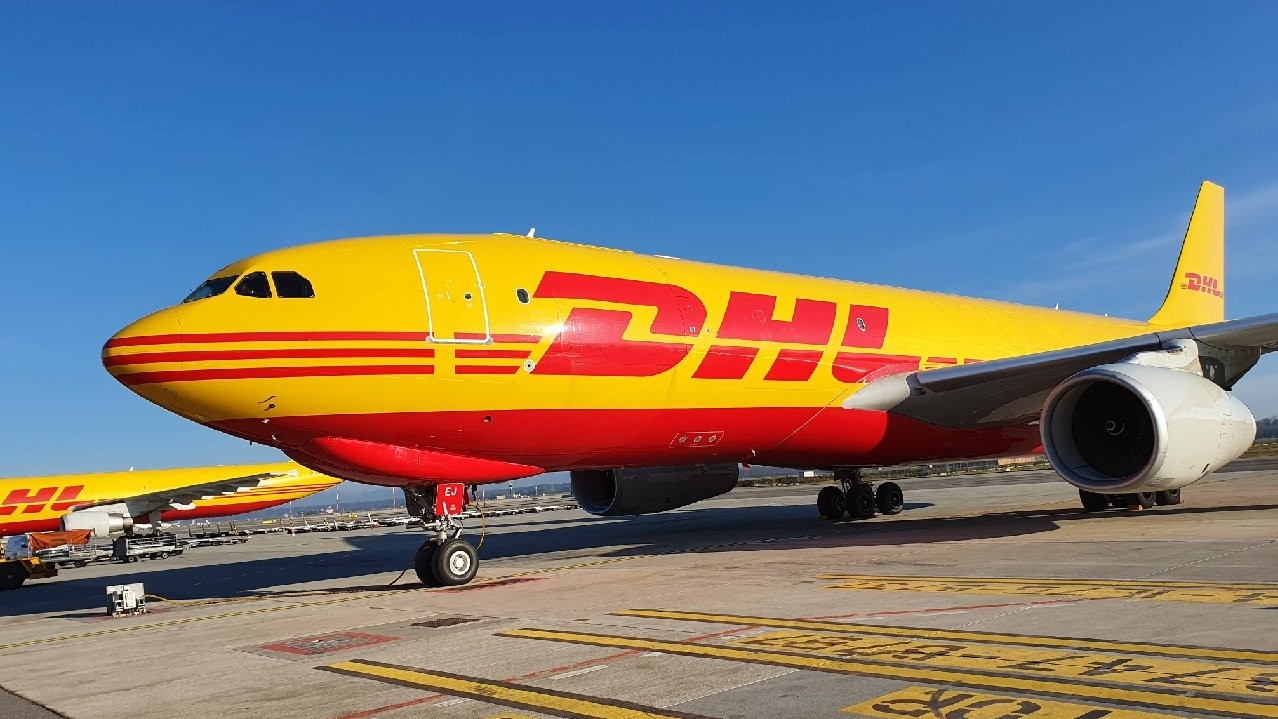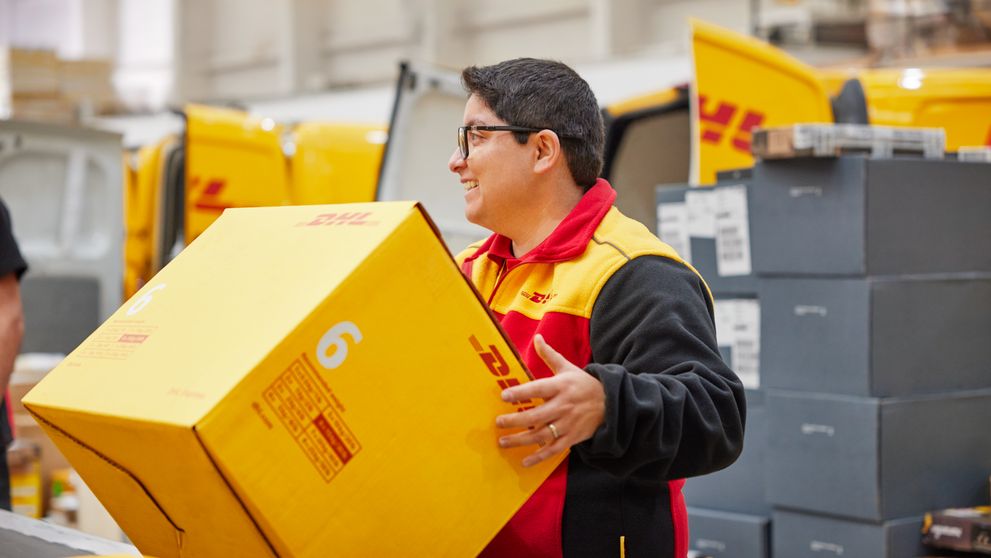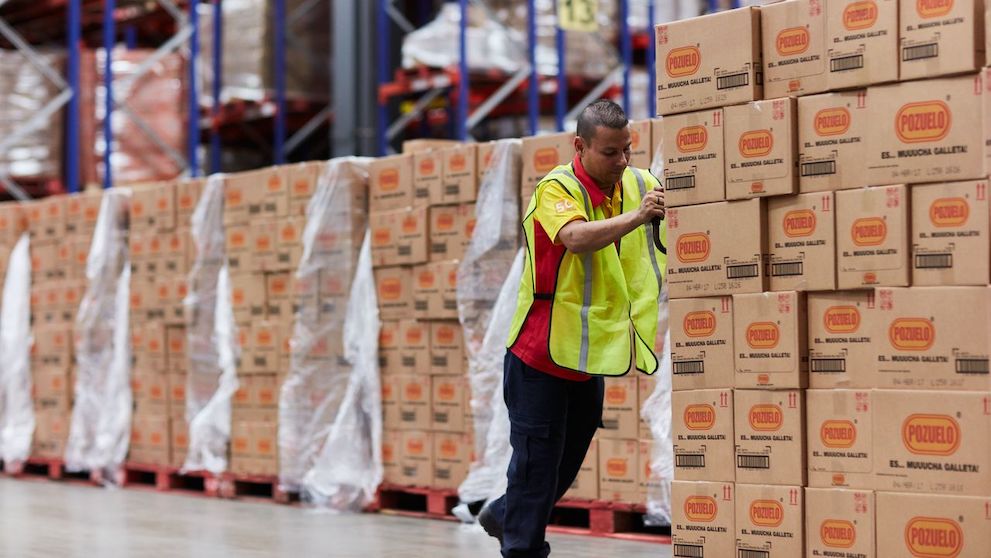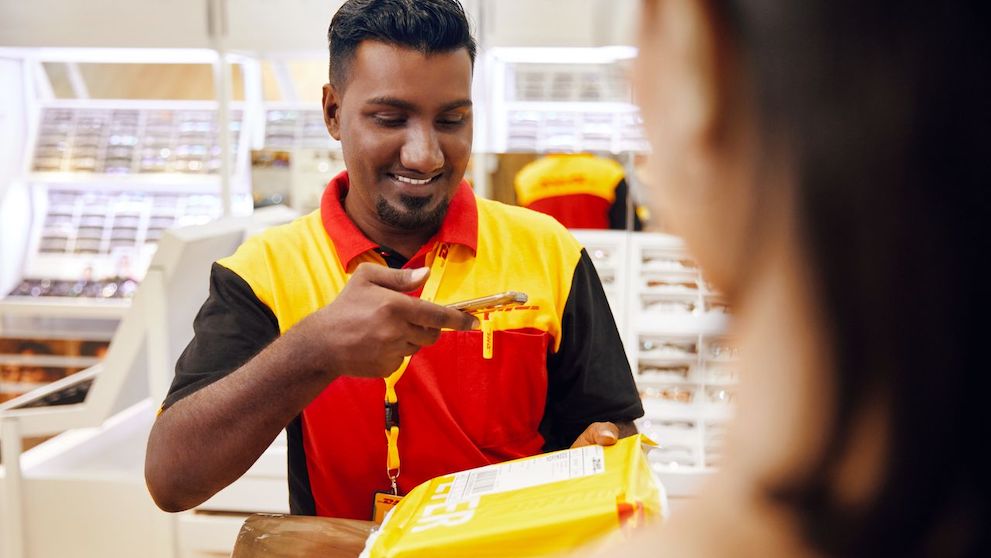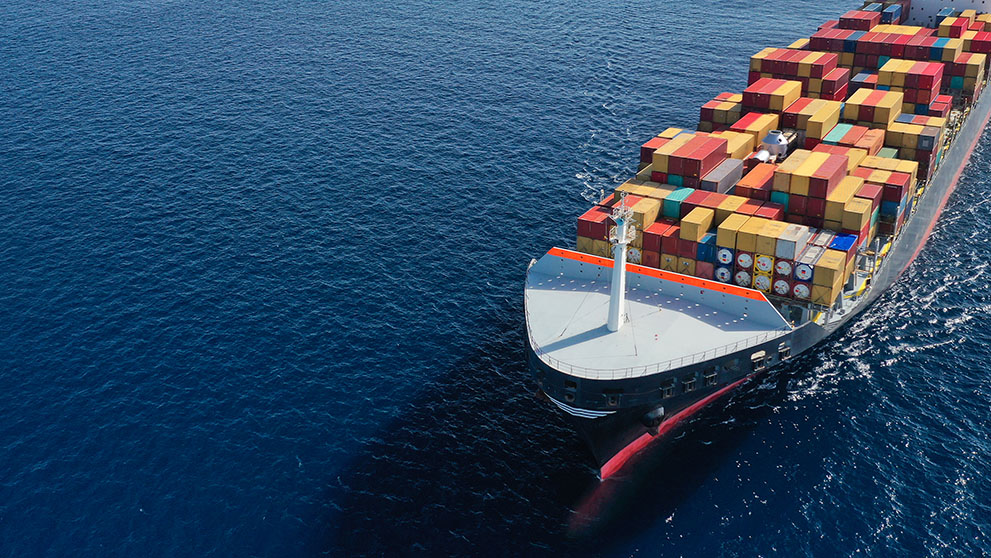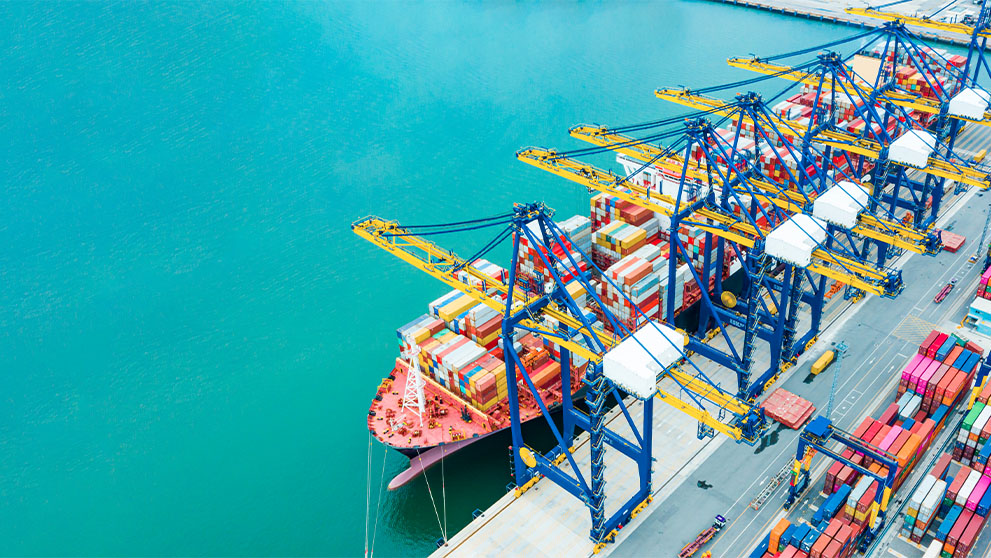Singapore’s free port and open economy attract businesses from all over the world. The government’s pro-business taxation approach – controlled under the Regulation of Imports and Exports Act, Customs Act, and the Goods and Services Tax (GST) Act – makes international trading hassle-free and extremely efficient.
All goods imported into Singapore are subject to a certain duty payment and GST irrespective of whether you are purchasing them from an overseas partner or from international sellers. Additionally, a customs permit is also needed to account for the tax payment and import of the goods.
Seeking help from a logistics company to import goods into Singapore on your behalf has become the norm. DHL Express, a leading express courier company in Singapore works dedicatedly to help deliver shipments from one port to another on time. We provide the best-fitting clearance solution to our customers, whether you are importing as an individual, or for your business. With over 50 years of experience, our dedicated clearance team has the technical know-how and the support of the regulatory authorities to help facilitate a smooth customs clearance and ensure your shipments reach you in the fastest manner possible.
DHL Express import guidelines
Being a top international courier service company, DHL Express provides unparalleled expertise, not only in international export clearances but also in local import clearance. We offer various import solutions to cater to all your international shipping needs, for shipments of all sizes and ranging complexities.
Our user-friendly shipping applications such as MyBill, MyDHL+, and On-Demand Delivery (ODD) allow for quick access, flexibility, and customisable options at your fingertips. We also offer 24/7 Live Chat support for all your overseas shipping and customs-related queries.
What you need to know before importing your goods
Before importing goods into Singapore, you must determine whether duty and GST payments are required. If your goods remain within a Free Trade Zone (FTZ), duty and GST payments are not necessary. However, if you release the goods for local circulation, you will need to pay duty and GST.
Additionally, if you move the goods from an FTZ or entry point to licensed premises such as zero-GST or licensed warehouses, duty and GST will be suspended as long as they remain in storage. It is also worth mentioning that duty and GST are not payable for goods granted duty exemption or GST relief, or imported under the Temporary Import Scheme. Several other relevant Inland Revenue Authority of Singapore (IRAS) schemes include the Major Exporter Scheme (MES), Approved Import GST Suspension Scheme (AISS), and Import GST Deferment Scheme (IGDS).
Our import process at a glance
DHL Express has one of the highest clearance record capabilities in the world, because of our highly experienced in-house team of customs, who are well-versed with the import and export requirements as well as local regulations of the country. Additionally, to ensure that we can deliver your goods in the shortest possible time after entering Singapore, DHL Express does pay the customs authority on your behalf for any applicable fees including duties and taxes that are due on the goods before charging you.
Regardless of the bulk of your shipment, all your parcels must have the necessary paperwork. This includes the standard paperwork being the DHL air waybill (AWB) and a shipping invoice.
Important note: Before your business can start to import and export goods overseas, you need to obtain a UEN number by registering with Singapore Customs. UEN activation is a requirement for businesses that intend to engage in import and export activities in Singapore.Bear in mind that some shipments or goods may require you to provide additional paperwork. This is to facilitate both export clearance from the country of origin as well as import clearance in Singapore.
Clear and descriptive paperwork gives Customs bodies a clear idea of the contents within the shipment and also acts as a document of verification for both the shipper and consignee.
Once the paperwork is processed by the Customs authorities, it is then submitted to DHL Express’s network, where our certified international specialists use it to process the shipment, without it being physically present in Singapore.
Most of the shipments are successfully cleared once they are boarded en-route to Singapore. DHL Express’ import customs clearance processes are simple and are mandated by the local government. All shipments imported into Singapore will incur a 9% goods and service tax (GST) charge from 1 January 2024 onwards.
- Effective 1 January 2023, GST in Singapore now extends to goods valued at SG$400 or below, also known as low-value goods, which are imported into Singapore. The taxable value is calculated based on the Cost, Insurance and Freight (CIF) value, as well as all other duty and tax payments. If the goods are non-dutiable, the GST will be calculated based on the CIF value, along with any commission and incidental charges, even if they are not included in the invoice. While consumers are responsible for paying the GST, businesses selling the goods and services are required to remit the tax to the government.
Note from DHL Express: If the shipper has selected Duties and Taxes Paid (DTP) then the receiver doesn't have to pay for duties and taxes. But if the shipper selected Duties and Taxes Unpaid (DTU) then the payment of duties will be borne by the receiver. In such cases, it is recommended to apply for inter-bank giro (IBG) with Singapore Customs to prevent any shipping delays due to GST or duty issues on the imported goods.
For more logistics advice, you can also read up more on what the customs clearance process looks like when importing goods.
